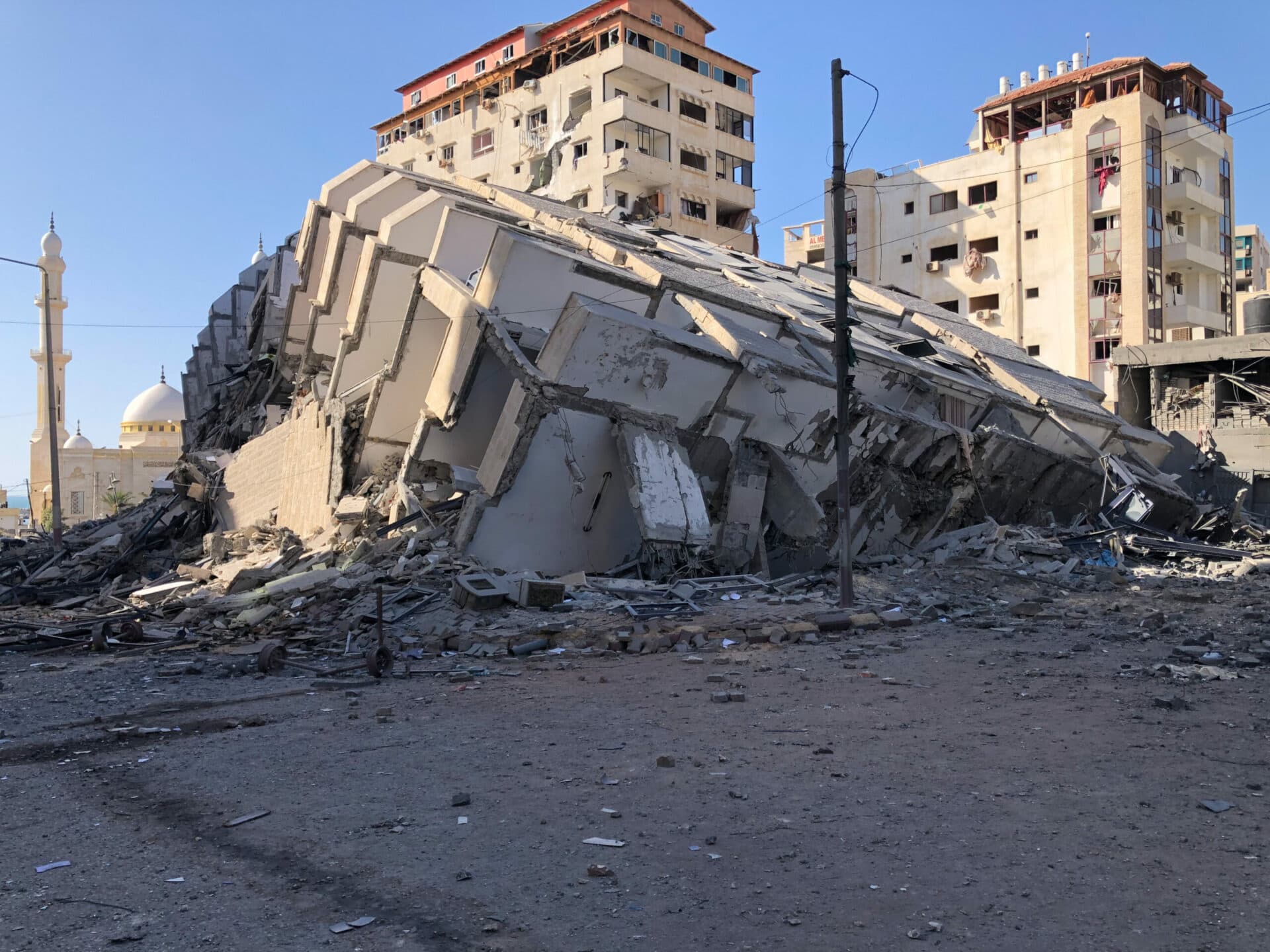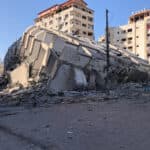
Resurging violence in Israel-Palestine
18 May 2021This brief provides an overview of rules of international law binding upon actors involved in the escalating tension and resulting violence that has recently erupted in the Palestinian-Israeli context. The brief clarifies relevant legal obligations of the parties involved, as well as those of other actors with influence in the context.
Download PDF


The legal brief contains detailed analysis of various thematic issues, such as demographic and other changes in the occupied territory, excessive use of force in the context of civil unrest and law enforcement activities in the occupied territory, arrests and detention of persons, access to consecrated religious sites and other religious freedoms in the occupied territory, and the conduct of hostilities and the prohibition of indiscriminate attacks. This brief is supplemented by a timeline of relevant events, from the displacement and dispossession in Sheikh Jarrah to the current violence and hostilities. In summary, attention is called to the following obligations binding on actors engaged in the conflict or in a position of influence in the context.
For all parties to the conflict:
- fully and unconditionally abide by all applicable rules of international law, including IHL rules on the conduct of hostilities, as well as its rules regarding the treatment of persons in the power of the party to the conflict (for specific obligations relevant to Israel, as the occupying power, see below), and IHRL;
- investigate allegations of violations of international law, and prosecute and punish those responsible;
- provide reparations for those directly affected by the violations of the law; and
- cooperate with the ICC in the investigation of the Situation in Palestine.
Israel, as the occupying power, must:
- put an end to the deliberate and discriminatory policies and practices aimed at introducing demographic and other changes in the oPt, including but not limited to confiscation of property and eviction of Palestinians from their homes, and encouragement and support of Israeli settlers to relocate to the oPt;
- give effect to the rights of expression, peaceful assembly and association of Palestinians, and in any event, respect and protect the right to life of those participating in protests and demonstrations by planning, preparing and executing their law enforcement operations in compliance with applicable IHRL, and investigating all instances of misconduct and use of lethal force by its agents;
- respect the right to liberty and security of Palestinians, by exercising their prerogative to resort to arrest and detain persons as a means of maintaining and restoring law and order in good faith and without discrimination, and in any event by refraining from detaining individuals without legal grounds and appropriate procedural safeguards and releasing those whose continued detention is no longer justified under international law;
- give effect to the right to freedom of religion of Palestinians including their access to consecrated religious sites, by removing legislative, administrative, and other barriers to access those sites, and not to otherwise infringe their religious rights and right to physical integrity and dignity;
- lift the closure on Gaza; and
- refrain from arbitrarily blocking or interfering with, and instead immediately facilitate, the passage of relief supplies, as well as supplies necessary for the proper functioning of essential services, such as fuel and electricity.
States that are not parties to the conflict and the international community at large:
- refrain from aiding or assisting violations of international law by the parties to the conflict;
- refrain from recognizing or otherwise giving legitimacy to the consequences of violations of international law by the parties to the conflict;
- use their position of influence and take proactive and concrete measures to ensure respect of the law by the parties to the conflict;
- cooperate with the ICC in the investigation of the Situation in Palestine, as required; and
- provide diplomatic and public demonstration of support of the mandate of the ICC and the Office of the Prosecutor’s investigation of the Situation in Palestine.